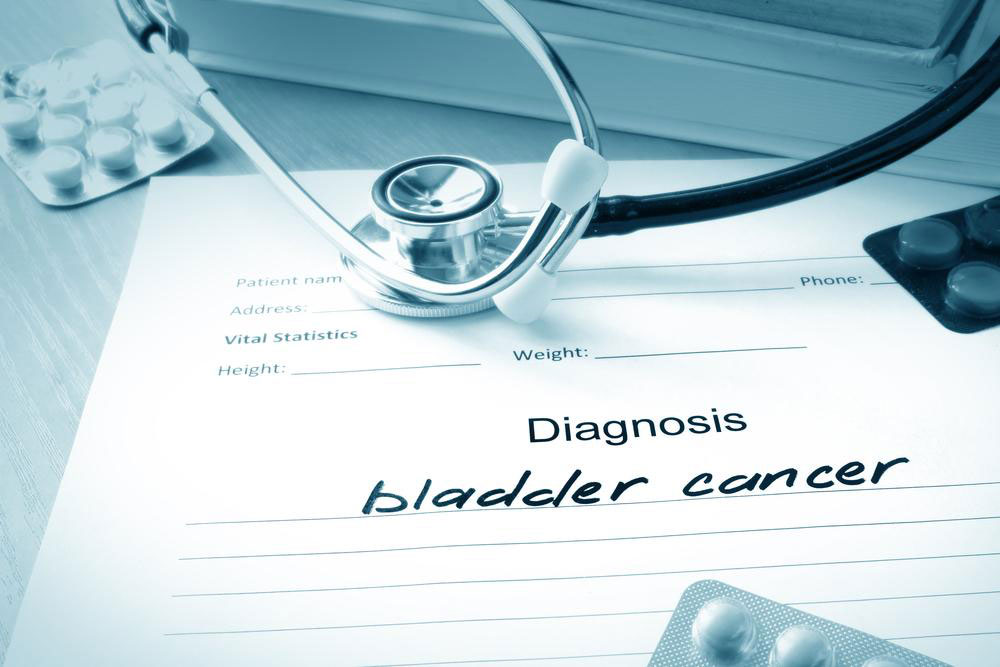Comprehensive Overview of Bladder Cancer: Causes, Grades, and Treatment Strategies
This article offers an in-depth overview of bladder cancer, highlighting causes, grading, symptoms, and a range of modern treatments. It underscores the importance of early detection and personalized therapy plans to improve outcomes for patients battling this disease.
Sponsored

Bladder cancer originates in the epithelial cells lining the bladder. The treatment approach hinges on the tumor's stage at diagnosis, gauging how deeply it invades the bladder wall and whether it has spread. Factors like tumor size, growth rate, and overall patient health influence therapy choices.
Cancer grading helps predict behavior and tailor treatment plans. Symptoms often include blood in urine and painful urination. Diagnostic tests and biopsy results help determine the cancer's grade and guide prognosis.
Cancer cells are classified from Grade 1 to 3 based on cellular appearance. Grade 1 resembles normal cells, grows slowly, and is well-differentiated. Grade 2 displays less similarity to normal cells, is more likely to invade muscle, and may recur post-treatment.
Grade 3 cells are poorly differentiated, aggressive, and prone to rapid spread. Low-grade tumors tend to grow slowly with a lower risk of metastasis; high-grade tumors are more invasive and likely to recur, requiring comprehensive treatment to reduce recurrence risk.
Treatment options vary based on stage and patient profile. Surgical removal of bladder tissue or nearby lymph nodes may be necessary in advanced cases. Additional treatments include:
Surgery: Ranges from minimally invasive procedures to partial or complete bladder removal with reconstructive surgery.
Medications: Oral drugs or infusions targeting cancer cells.
Targeted therapy: Precision treatments focusing on specific genetic markers, often guided by genomic testing.
Chemotherapy: Cycles of powerful drugs to inhibit tumor growth and spread.
Immunotherapy: Boosts the immune system’s ability to fight cancer.
Alternative therapies: Complementary methods such as acupuncture, herbal remedies, and nutritional plans, which should supplement medical treatment due to limited evidence of efficacy.
High-grade bladder cancers often require combined approaches, including surgery and immunotherapy, to control disease progression. Early diagnosis and treatment are vital for better prognosis, emphasizing prompt attention to symptoms.





